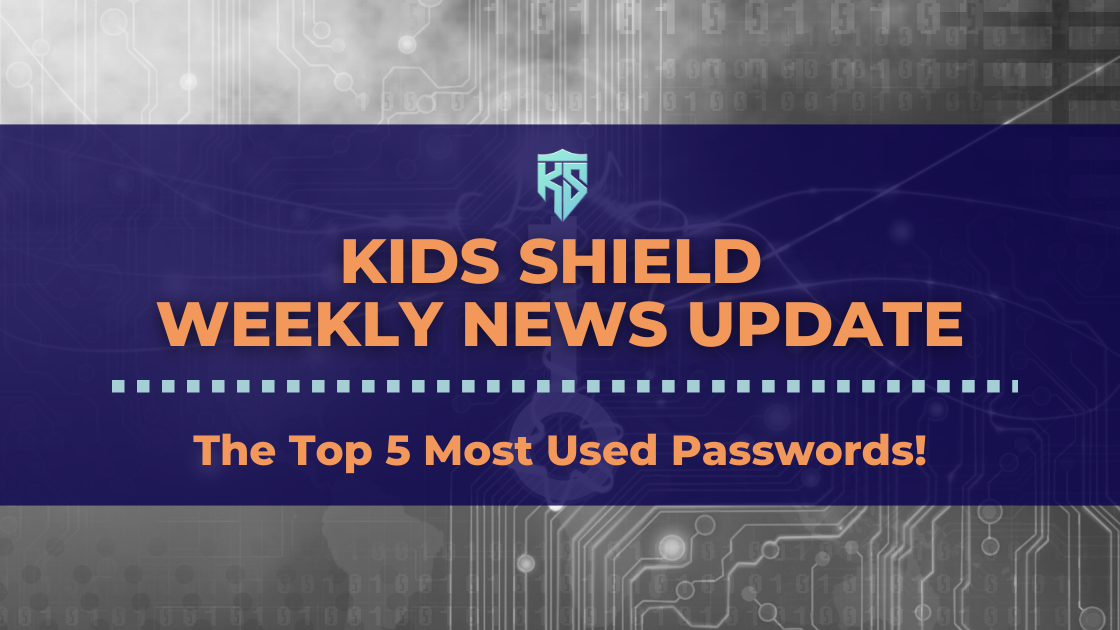
As we have stressed many times your password is the key to your life online. Your accounts hold personal information that make up who you are as a person. And if that information falls into the wrong hands it can be quite harmful. Even if your accounts hold small pieces of information the attackers can combine to get a better picture of you to either steal or request money, your identity or block you out of your account! As with all risks it is important to understand the severity of having your password guessed or stolen. In the news recently there have been many stories about passwords and how to build them, protect them and keep up with the best practices.
Apple using strong password maker
According to the Daily Mail, Apple is urging their users to update their operating software to iOS 16 in order to be protected against new spyware that steals your passwords. With the current operating system when you edit or create passwords you are given the option for the device to create a strong password for you that contains a random stream of letters, numbers and special characters. With the new update Apple wants to make this option even easier for users, since now it can be hard to remember the password since it is long and random. You will now be able to select from a few options of strong passwords instead of one, edit the password they have chosen for you, as well as opting for a password with no special characters or easier to type. This makes this option more accessible for a wider audience, and for those who struggle remembering and making passwords. You can read more about this here.
How do hackers find your password?
According to recent research there are a few main ways in which hackers get access to your passwords. KTLA5 reported that these are the 3 most significant ways in which your password is obtained. The first being by stealing your passwords, this could happen in many different ways. Either being stolen from where you have it written down or stored on your device through spyware. They also could be stealing it directly from the account through some sort of weakness in the website or your network. The second most popular way is through simply guessing. These can be wild guesses or information they have gathered online. Imagine you use your dog's name as your password, but then you post a photo of them with their name. The hacker can use that to try to guess your password. The third way is unauthorized resetting of your password. The attacker will use the reset my password option and are usually successful in that when you do not have multi-factor authentication set-up.
The most common passwords
CTV News has reported on what the top 5 most common passwords are. These include 123456, 123456789, qwerty, password and 12345. These are all easily guessable passwords that could be easily hacked. Anything that is short and shares a common sequence of numbers are considered not strong passwords. The best way to ensure a completely unguessable password is to use random strings of letters (capitals and lowercase), numbers in non-sequence, and special characters such as exclamation marks or dashes. As we learned, guessing passwords is the second most popular way in which hackers obtain access. You can read more about passwords here.
We hope that this helps you to realize the importance of protecting your password. You can learn further ways to secure your password with Kids Shield through our blog, online content and most importantly our innovative and educational game CyberGuardians which teaches you to make smart passwords in a fun multi-lane runner game. Follow us for more valuable information and resources here. While you’re at it sign up for our email list to never miss a blog drop. Be educated, be connected and be safe.

